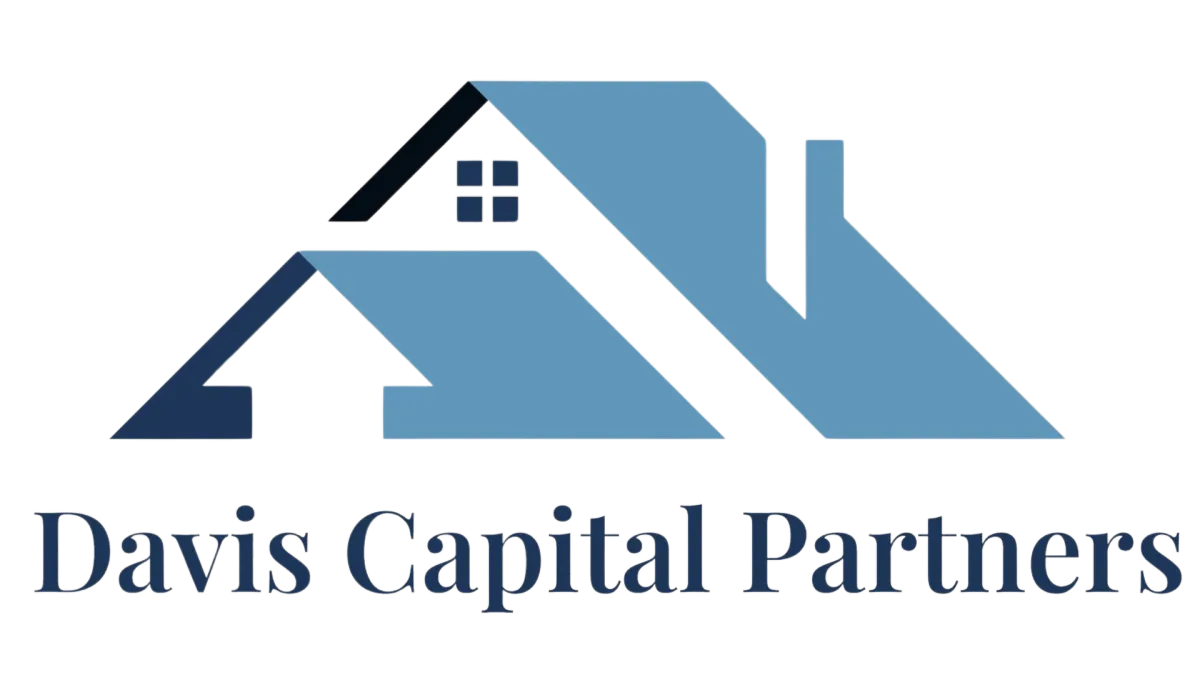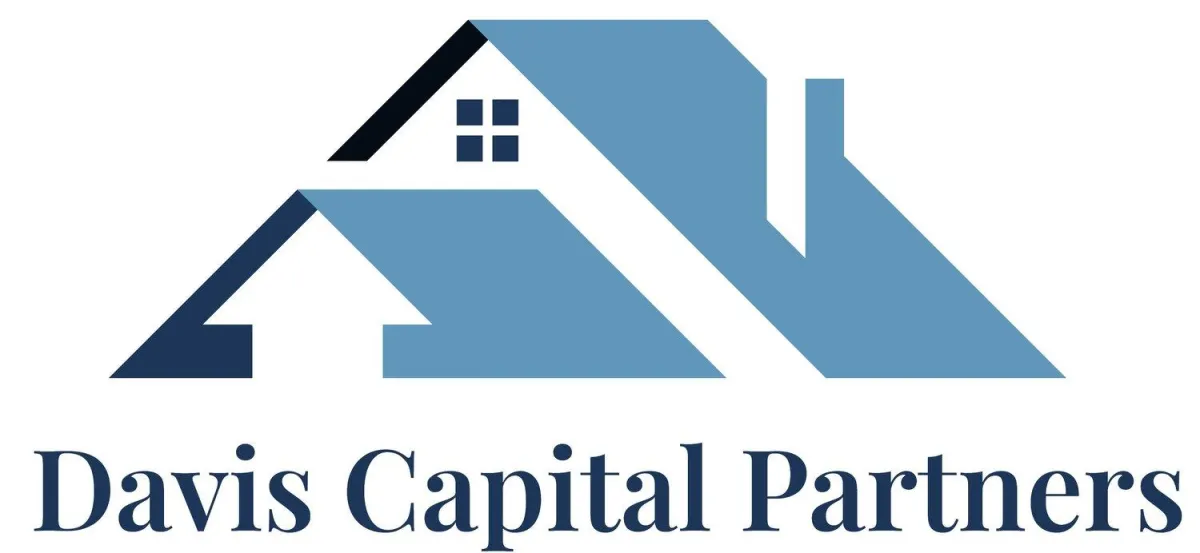Blog

1031 Exchange
👉A 1031 exchange, also known as a like-kind exchange or a Starker exchange, is a tax-deferred exchange of real property used for business or investment purposes.
This type of exchange allows the owner of the property to sell it and purchase a similar property without having to pay capital gains taxes on the sale of the original property. This is a way to defer paying taxes on the sale of a property until the new property is sold.
Some of the key rules for a 1031 exchange include:
1. The property being sold must be held for use in a trade or business or for investment. The property cannot be held for personal use, such as a primary residence.
2. The property being purchased must be of a "like-kind" to the property being sold. This means that the properties must be similar in nature, character, and use. For example, a rental property could be exchanged for another rental property, but not for a personal residence.
3. The exchange must be completed within 180 days of the sale of the original property, or by the due date (including extensions) of the tax return for the year in which the original property was sold, whichever is earlier.
4. The proceeds from the sale of the original property must be held by a qualified intermediary, who will hold the funds until they are used to purchase the new property.
5. The owner must identify the new property to be purchased within 45 days of the sale of the original property. The owner can identify up to three potential replacement properties, or they can identify an unlimited number of properties as long as their total value does not exceed 200% of the value of the property being sold.
6. The owner must purchase the new property within 180 days of the sale of the original property, or by the due date (including extensions) of the tax return for the year in which the original property was sold, whichever is earlier.
The rules can be complex, and it's important to consult with a tax professional to ensure that the exchange is done properly and that it meets all of the requirements set forth by the IRS.
🙌Advantages
📌One of the main advantages of a 1031 exchange is that it allows the owner to defer paying taxes on the sale of their property. This can provide significant tax savings, especially for property owners who are looking to upgrade to a larger or more expensive property.
📌Additionally, a 1031 exchange can help the owner to avoid having to pay the 3.8% tax on net investment income that is imposed on high-income individuals.
📌It can help the owner to upgrade to a better property without having to come up with a large amount of cash upfront.
📛Disadvantages
👎The rules and requirements for this type of exchange can be complex, and it can be difficult to ensure that the exchange is done properly.
👎If the exchange is not done correctly, the owner could be subject to taxes on the sale of the original property, which could negate any potential tax savings.
👎Have to pay a qualified intermediary to handle the exchange, which can add to the cost of the transaction.
1031 exchange alternatives
1. Traditional sale: sell your property and pay taxes on the sale.
2. Installment sale: sell your property and receive the purchase price in installments over time, rather than all at once. This can allow you to spread out the tax liability from the sale over several years, potentially reducing the amount of taxes that you have to pay in any given year.
3. 1031 exchange with a reverse exchange: Purchase the new property before selling the original property. The new property would be held by a qualified intermediary until the original property is sold, at which point the properties would be exchanged.
This can allow you to upgrade to the new property without having to wait for the sale of the original property.
4. Qualified Opportunity Zone (QOF) Funds
Opportunity Zones were passed into law and entered into the tax code via the Tax Cuts and Jobs Act in December of 2017.
If an individual makes an investment in a QOF and holds it for 5-7 years, they get a 10% reduction in capital gains taxes
If the investment is held for 7-10 years, the reduction is 15%.
If the investment is held for more than 10 years, capital gains taxes are eliminated completely.
So, if an investor realizes a gain on sale from a previous investment and directs their capital to a QOF and holds that investment for more than 10 years – they could eliminate the original capital gains tax bill – something that even a 1031 Like Kind Exchange does not offer.
5. Other alternatives:
Delaware Statutory Trust (DST)
721 exchange/UPREITs
·Deferred Sales Trust
It's important to note that each of these alternatives has its own advantages and disadvantages, and it's important to carefully consider your options before deciding which one is right for you.
Consult with a tax professional to determine the best course of action for your specific situation.
In conclusion, a 1031 exchange can provide significant tax savings and can help the owner to upgrade to a better property without having to come up with as much cash upfront. However, the rules and requirements for this type of exchange can be complex, and it may not be the best option for everyone. It's important to carefully consider the advantages and disadvantages of a 1031 exchange before deciding whether this type of exchange is right for you.

No Offer of Securities—Disclosure of Interests. Under no circumstances should any material at this site be used or considered as an offer to sell or a solicitation of any offer to buy an interest in any investment. Any such offer or solicitation will be made only by means of the Confidential Private Offering Memorandum relating to the particular investment. Access to information about the investments is limited to investors who either qualify as accredited investors within the meaning of the Securities Act of 1933, as amended, or those investors who generally are sophisticated in financial matters, such that they are capable of evaluating the merits and risks of prospective investments.
© 2025 Davis Capital Partners. All Rights Reserved.

